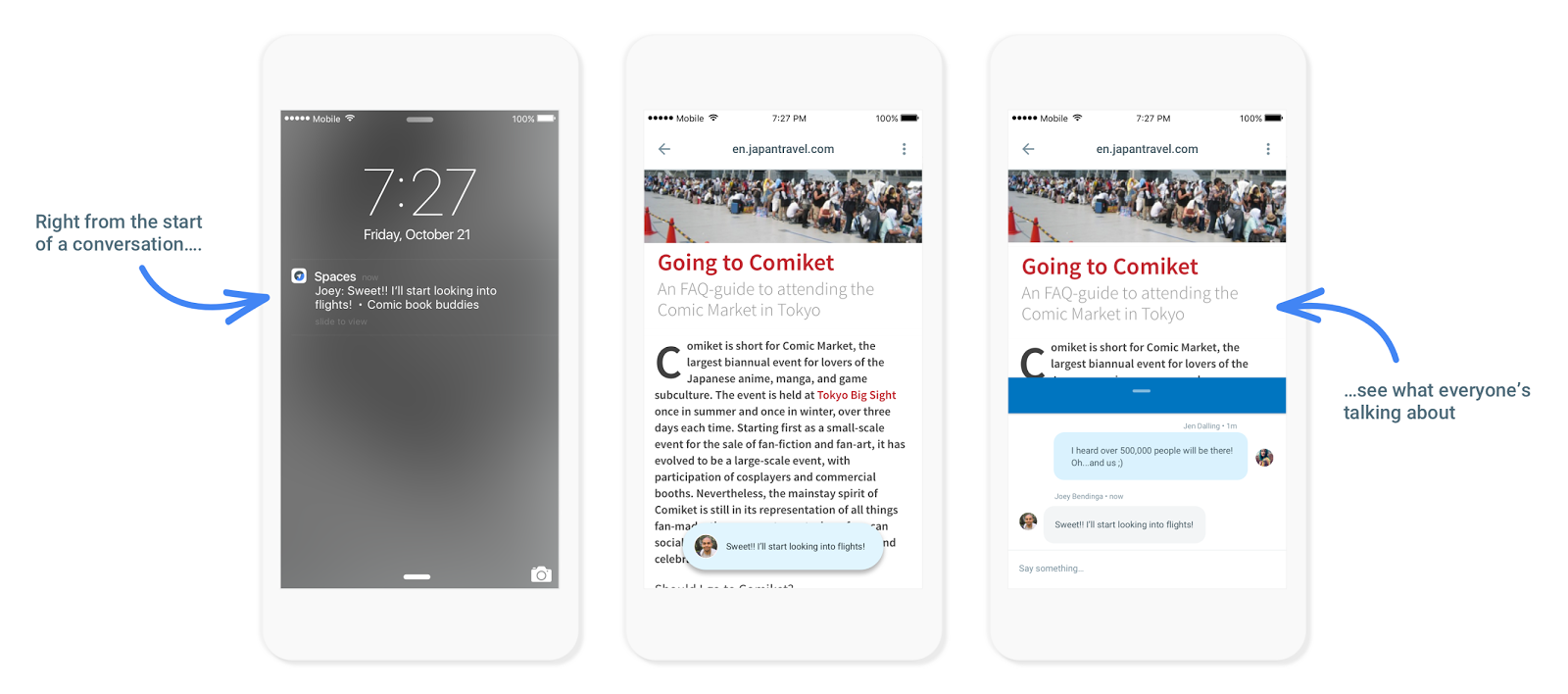


It’s a game changer for data security, making it easier for organizations to protect their increasingly multicloud technology stacks and sensitive personal data while enabling the collaboration needed to nurture future growth. “The customers control what their collaborators can do with their data, what they can access, and what they cannot access,” Kolga said. Google Cloud’s approach to Confidential Computing creates a layer of cryptographic isolation to protect data, automatically encrypting data in memory, and generating unique encryption keys that are known only to the processor. “Prior to Confidential Computing, there wasn’t really a way to protect data or machine learning models while they were being used or processed.” “The encryption of data-at-rest and in-transit has been around and is well known, but what about data-in-use?” said Kolga. Too often, progress comes at the price of privacy, and vice versa, leaving huge stores of sensitive data untouched when it comes to generating new business value. The potential of data-sharing and other emerging technologies, such as Cloud Computing and AI, remains constrained by vital data privacy regulations and legitimate concerns about protecting intellectual property from competitors. “As the saying goes - anything that happens in Vegas, stays in Vegas, and that’s exactly what Confidential Space allows our customers to do,” Kolga said.

When Confidential Space was in development at Google Cloud, it was known by the codename Las Vegas, said Rene Kolga, senior product manager for Confidential Computing at Google Cloud, during a recent episode of our Cloud Security Podcast. Our solution not only helps financial institutions to address the huge amounts of value lost each year due to a lack of information sharing, but most importantly should help millions of businesses get better access to working capital.” “The prevention of fraud helps accelerate growth, which we can achieve while maintaining privacy and enabling critical real-time decision making. “With Confidential Space, our customers don’t have to worry about compromise when sharing data,” said Brendan Taylor, chief technology officer, MonetaGo, when Google Cloud debuted Confidential Space last year. As the saying goes - anything that happens in Vegas, stays in Vegas, and that’s exactly what Confidential Space allows our customers to do. This made it an appealing solution to MonetaGo, a fraud prevention company that focuses on global trade. Google Cloud’s Confidential Computing technology can enable data sharing needed to prevent fraud, even if that data is highly sensitive, subject to strict regulatory requirements, or shared from companies that compete against each other.Ĭonfidential Space, one of our Confidential Computing solutions, allows multiple data contributors to work together and conduct joint analysis without losing control over how their data is used and who is authorized to work with it.
#Google work spaces code
Generally, Confidential Computing uses hardware-based security to isolate data from untrusted code while it’s being processed.

Today, a new era of privacy-enhancing technology is emerging to help organizations make the most of the latest cloud capabilities without compromising privacy and other regulations. They need to collaborate to accurately and quickly track and stop criminal activity, but that collaboration comes with a catch: It must be done within the bounds of existing regulations. Identifying fraud and detecting money laundering are challenging tasks for banks, insurance agencies, and other financial institutions. This article includes content from “ What happens here stays here: Confidential City (and Space)” of the Cloud Security Podcast.


 0 kommentar(er)
0 kommentar(er)
